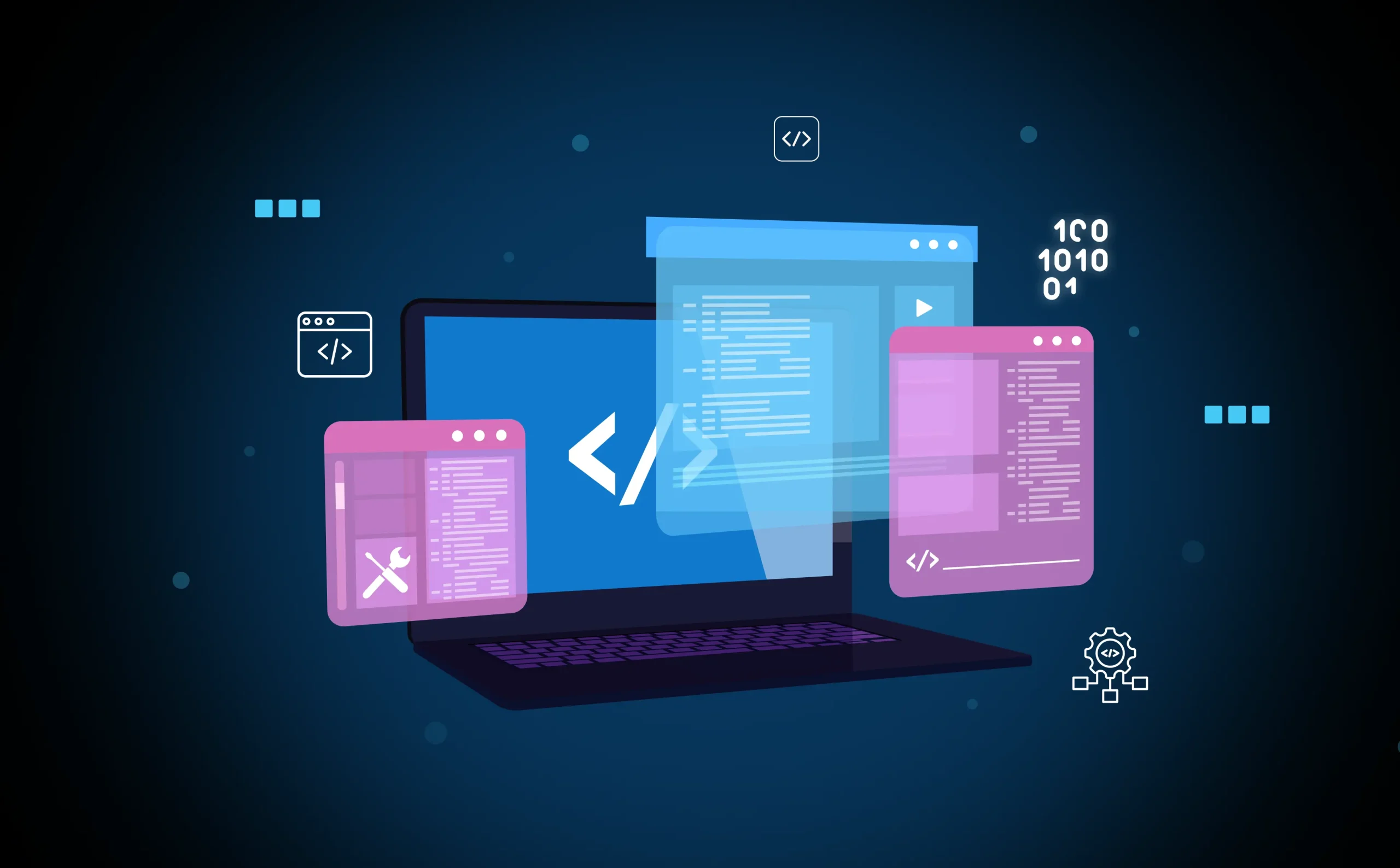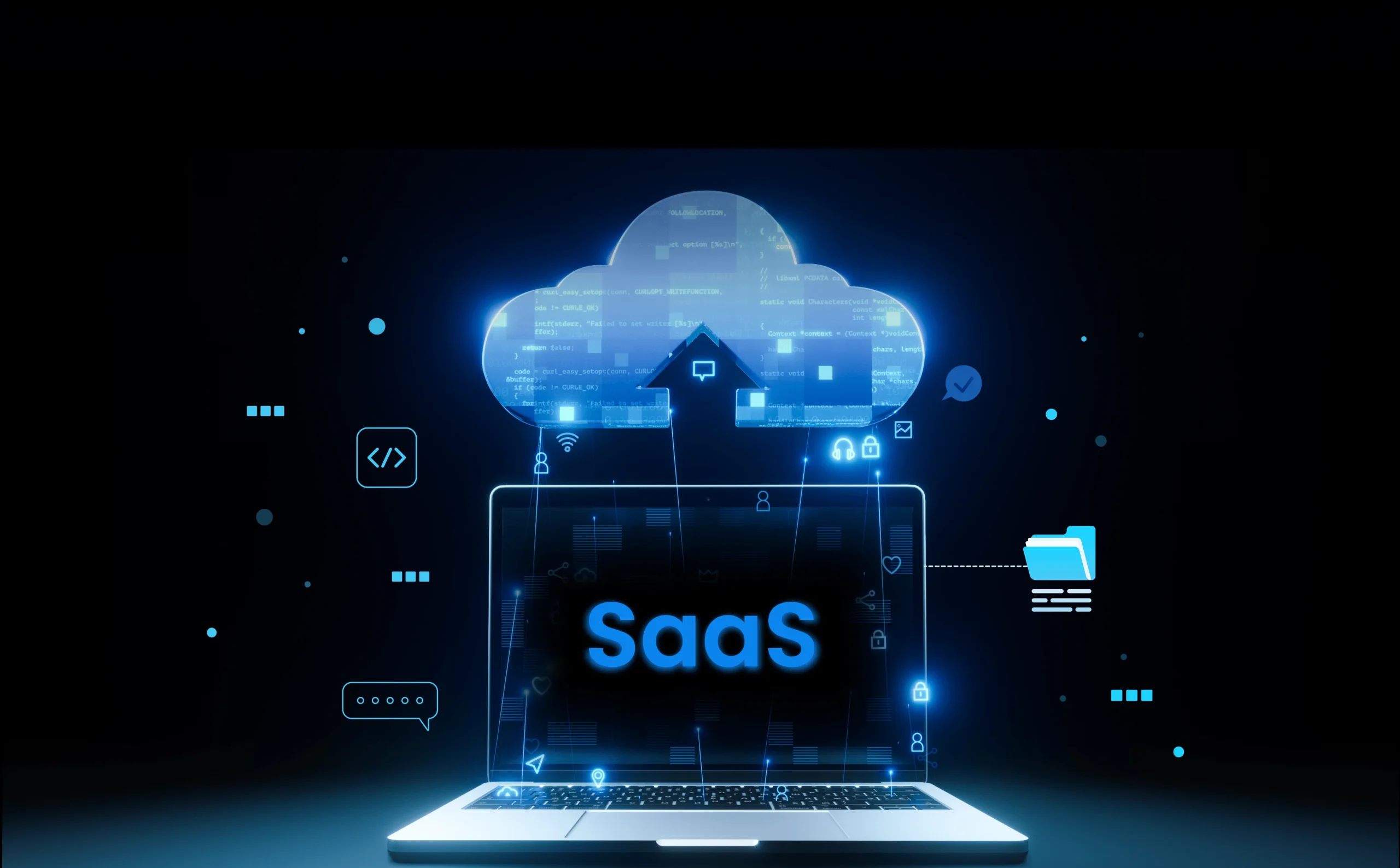When it comes to creating web platforms for 2025, Python is still king. From fast-growing Manchester startups to fintech players in London, companies all around the UK are continuing to lean into Python to drive everything from lightweight dashboards to high-traffic eCommerce systems.
Why? Because Python strikes that rare balance between being beginner-friendly and enterprise-ready. It’s not only neat and readable; it’s strong, scalable, and supported by a proactive developers’ community ready to give a timely support.
The strength of Python is not only in the language itself but also in its ecosystem of modular, flexible tools that speed backend functionality, improve performance, and hasten development. This is what UK brands crave about this technology. This is why it is on the rise in the United Kingdom.
Basically, choosing the correct Python web application framework might either make or destroy the success of your project.
This guide breaks out the top 10 Python frameworks worth considering in 2025 whether your project involves creating a custom booking system in London, an educational portal in Manchester, or a B2B SaaS platform in Wales.






